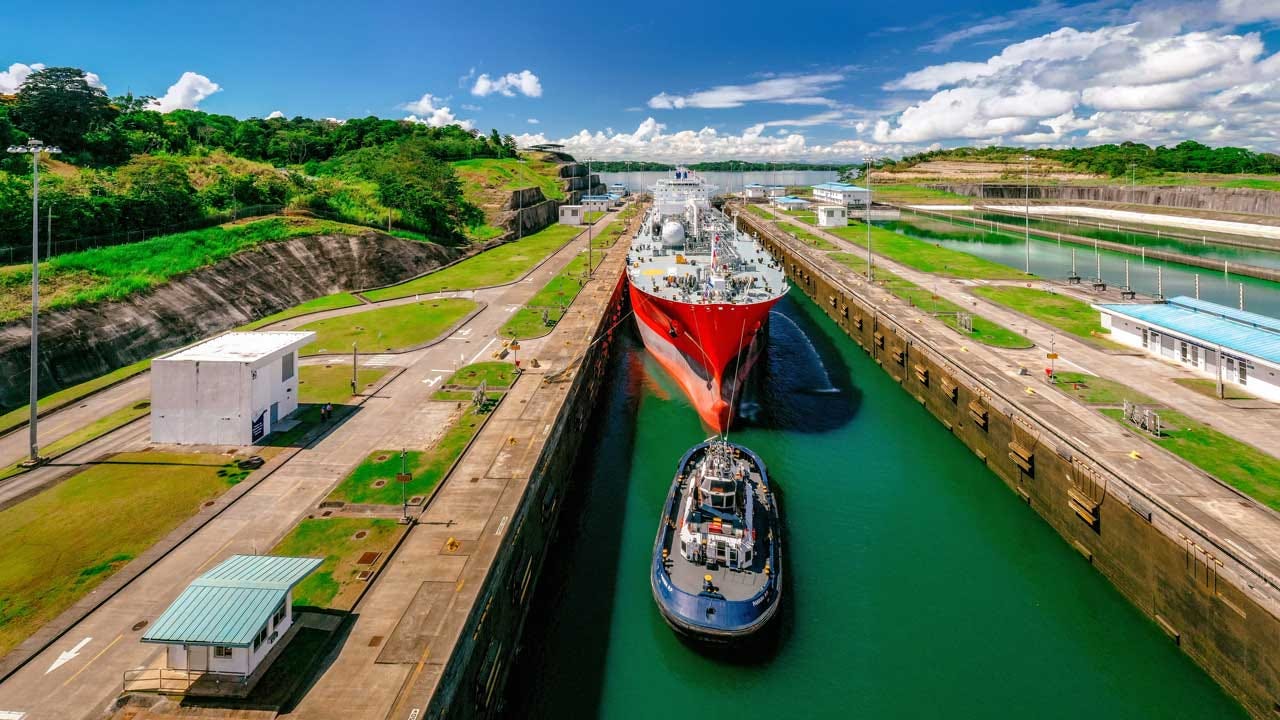Corruption, Compromise, and China's Grip on the Panama Canal
In the ongoing geopolitical chess game between major powers, small nations often fall victim to coercive diplomacy and financial manipulation. Panama, historically crucial due to its canal—one of the world’s most strategic maritime passages—now finds itself ensnared by China's aggressive expansionism. Through targeted financial incentives—commonly recognized in the U.S. as outright bribes—Chinese entities effectively compromised Panamanian officials, securing control over both strategic entries of the Panama Canal. This arrangement, clearly orchestrated to advance Chinese Communist Party (CCP) strategic ambitions, not only flagrantly breaches Panama's constitutional obligations but also violates its longstanding treaty commitments with the United States.
A careful review of the agreement that transferred control of the ports and canal to China supports Attorney General Luis Carlos Gómez's findings. In 1997, CK Hutchison Holdings, a major Hong Kong conglomerate closely linked to China's Communist Party, secured a concession to control the crucial ports at Balboa and Cristobal. Though presented publicly as a commercial agreement, the ports' infrastructure was improved to support dual-use operations, facilitating both civilian and military vessels. The concession thus poses serious national security risks, far surpassing simple economic concerns and directly involving the strategic interests of multiple global powers.
Notably, when the concession approached its expiration, Panamanian officials curiously declined to invite competing bids. In a market-driven world, particularly in the strategically sensitive sector of maritime infrastructure, competitive bidding should be standard practice—indeed, it is mandated by Panamanian law. Instead, Hutchison received an automatic renewal for another twenty-five years in 2021. This unilateral decision, bereft of additional compensation or negotiation, starkly demonstrates Panama’s negligent abandonment of its economic interests and raises grave concerns about potential corruption.
Who, one must ask, benefited from this generous arrangement? The Panamanian state did not, as evidence suggests revenues from this agreement have been comparatively paltry. Tax exemptions granted illegally by Panamanian officials further compound the economic imbalance, significantly benefiting Hutchison while depriving Panama of rightful tax revenues. The financial asymmetry, coupled with the exclusion of competitive American bids, strongly implies illicit incentivization of officials—a hallmark of corrupt dealings often favored by authoritarian regimes seeking strategic footholds abroad.
Former President Donald Trump and current Secretary of State Marco Rubio have rightly emphasized the untenability of this situation, explicitly pointing to the security risks posed by Chinese dominance of canal operations. Trump's concerns about Chinese control, far from mere rhetorical excess, accurately reflect strategic reality. Control over both canal entrances provides unprecedented leverage, potentially enabling China to dictate terms of global maritime trade or project naval power covertly. This scenario aligns disturbingly well with China's broader geopolitical strategy of establishing maritime control points across the globe.
Historically, Panama has struggled with corruption and foreign manipulation, and the Hutchison deal represents an egregious contemporary example. By violating principles of transparency and market competition, the Panamanian government directly undermined the sovereignty it ostensibly serves. The Attorney General's constitutional critique is not mere legal pedantry; it is an urgent defense of national integrity and economic justice.
Critically, the contract violates at least fifteen constitutional articles according to the Attorney General’s detailed brief, notably those prohibiting the transfer of sovereign authority to private entities without clear public benefit. Moreover, the monopolistic nature of the arrangement infringes constitutional mandates promoting competition and economic fairness, further illuminating the illegality of the deal.
Panama stands at a pivotal moment. Upholding the Attorney General’s recommendation to nullify the contract is not merely a corrective legal measure; it is a necessary reassertion of national sovereignty. Furthermore, doing so would rectify the economic imbalance, potentially opening avenues for fair competition and economic improvement that the original deal suppressed. Whether by direct state operation or via partnership with transparent, friendly operators—ideally American or allied—the ports at Balboa and Cristobal must be reclaimed to ensure strategic and economic autonomy.
Given these compelling factors, Panama's Supreme Court must carefully weigh the long-term consequences of inaction against the short-term costs of contractual disruption. Absent decisive judicial intervention, Panama risks cementing a legacy of compromised sovereignty and strategic vulnerability. Indeed, reclaiming these vital national assets represents a profound assertion of Panama’s dignity, sovereignty, and resilience against foreign exploitation.
In conclusion, Panama’s failure to terminate the Hutchison contract risks triggering decisive intervention by the United States, potentially resulting in American reassertion of direct control over the canal. It is essential for Panama to swiftly rectify this breach of constitutional law and treaty obligations by reclaiming control of its strategic ports, whether through direct state management or by partnering with a reliable, non-Chinese operator. Such a move is not merely prudent; it is imperative to safeguarding Panama's sovereignty and regional stability.
If you don't already please follow @amuse on 𝕏.



